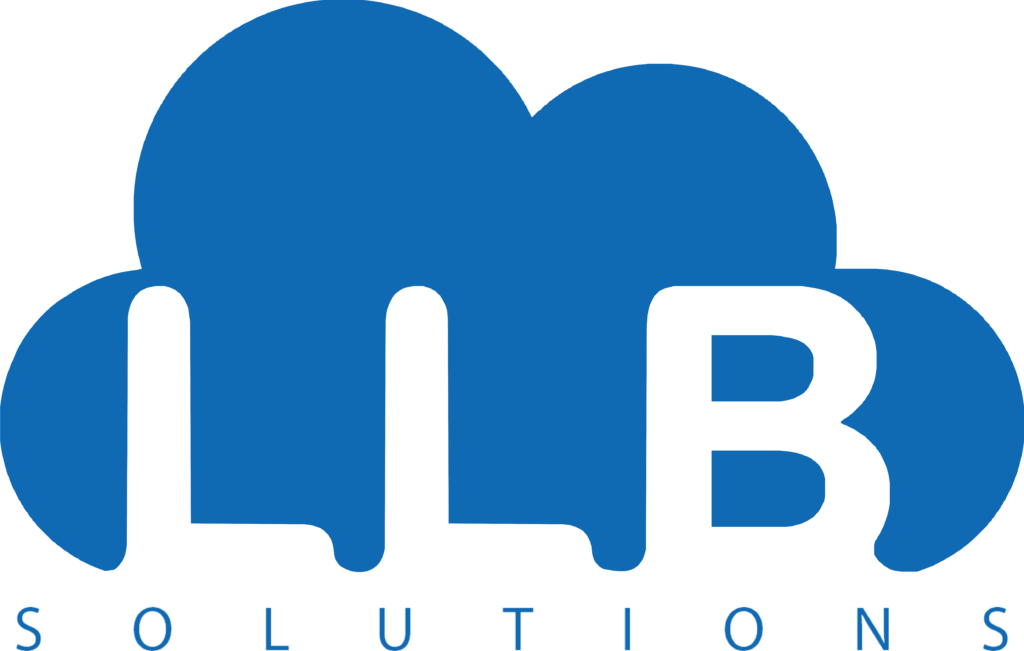Uruguay
Electronic Invoicing in Uruguay: Requirements, Risks, and How to Stay Compliant
Uruguay continues to make steady progress in modernizing its tax system. With the mandatory implementation of electronic invoicing, the General Tax Directorate (DGI) has established a framework designed to ensure transparency, traceability, and control in all commercial transactions across the country.
However, beyond issuing digital invoices, compliance requires addressing technical, operational, and data retention aspects which, if not met, may lead to penalties or even suspension from the regime.
Who is required to use electronic invoicing?
As of January 1, 2025, all VAT taxpayers, including those under the Minimum VAT regime, must adopt electronic invoicing.
Only specific cases as determined by the DGI may be exempt from this obligation.
This means that electronic invoicing is now the mandatory standard throughout Uruguay, and operating outside this framework constitutes a tax compliance violation.
Key requirements for an Authorized Electronic Issuer (EEH)
To remain active within the regime, companies must comply with a series of technical and formal obligations, including:
- Issuing valid invoices in the Electronic Fiscal Receipt (CFE) format.
- Submitting information to the DGI accurately and on time via official web services.
- Storing digital copies for at least five years, available for inspection when required.
- Digitally signing all invoices to ensure their integrity and authenticity.
These controls are part of the DGI’s automated verification system, which validates every transaction issued.
What happens if a company fails to comply?
Non-compliance with electronic invoicing obligations can result in various consequences, depending on the severity or recurrence of the issue:
- Automatic rejection of CFEs due to format, validation, or transmission errors.
- Formal requirements to correct inconsistencies or missing data submissions.
- Suspension or removal from the electronic invoicing regime in cases of repeated non-compliance.
Losing the status of Authorized Electronic Issuer (EEH) means the company cannot issue valid invoices, which can directly impact its ability to operate and bill clients.
How to ensure compliance and avoid penalties
Maintaining authorization requires continuous technical and operational management. Some best practices include:
- Monitoring the validity of digital certificates.
- Verifying invoice numbering and sequence.
- Ensuring daily report submissions to the DGI.
- Keeping tax and electronic information up to date.
In addition, working with an accredited and updated technology provider is essential to prevent interruptions or invoice rejections due to DGI format changes.
Seamless tax compliance with LLB Solutions
Complying with DGI requirements doesn’t have to be complex.
With the Electronic Invoicing solution for Uruguay developed by LLB Solutions, companies operating with Microsoft Dynamics 365 Business Central can:
- Issue, sign, and validate electronic invoices directly within the system.
- Automate submission and storage processes.
- Keep operations fully aligned with Uruguayan tax regulations, without external integrations.
Our solution is designed to deliver reliability, compatibility, and continuous support, ensuring a seamless and compliant experience.
Ready to ensure your company’s tax compliance in Uruguay?
Contact us to learn how we can help you implement a 100% DGI-compliant electronic invoicing solution.

 Español
Español

